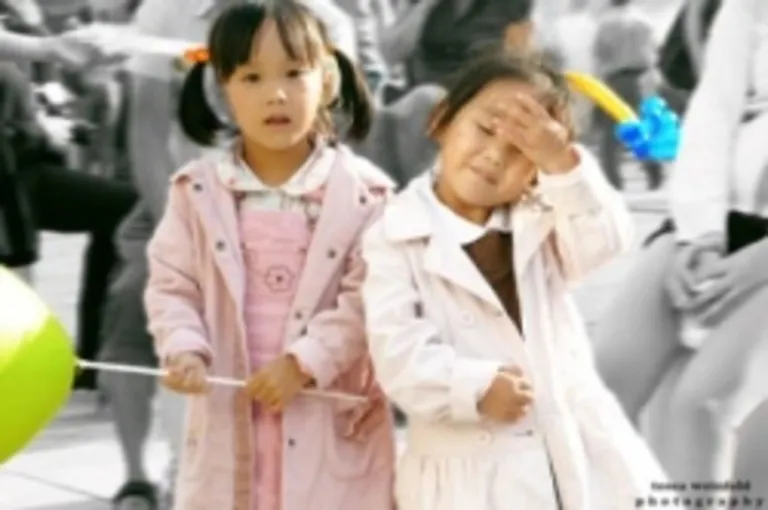Poland has become a place to earn a living for many people from the East. One of the largest foreign communities in Poland are the Vietnamese, whose number is estimated at about 50 thousand people.
The first emigration wave took place in 1960s and 1970s, during the communism, and constituted mainly of students and doctoral students, who arrived under the scientific exchange agreement between Poland and Vietnam. The second wave had economic aspect and occurred after the political change in 1989. At present, most of the Vietnamese work in catering and trade.
Young generation of the Vietnamese, who were either born in Poland or arrived here as children with their parents, is assimilated. Young people attend Polish schools but are in daily touch with their culture. They eat traditional Vietnamese food at home, watch Vietnamese TV, etc. If both parents are Vietnamese, their children usually speak fluently both Polish and Vietnamese.
The greatest number of young Vietnamese visit their country to see their relatives during the summer and in January (to celebrate the New Year called Tet).
Until recently a typical Vietnamese family was large. Today, along with a lifestyle change (economic growth, human migration) such a family model is gradually vanishing in big cities.
The greatest pleasure one can experience in Vietnam is the hospitality of the relatives and plenty of good food they serve.
The Vietnamese tend to use the telephone to contact their families, though today young people also make use of the Internet. At present the young Vietnamese contact their families in Vietnam less frequently than their parents did. The pace of life in Poland is faster than in Vietnam (at least in big cities). Due to everyday haste and numerous duties there is little time to rest, let alone stay in constant contact with the family and current affairs of the country.
Young people are too engrossed in their Polish way of life and in many cases plan their future outside Vietnam. It is only natural as the mentality of the Vietnamese growing up in Poland has also become more Polish.
Text by Thu Ha Mai
Translated by Anna Piątek








